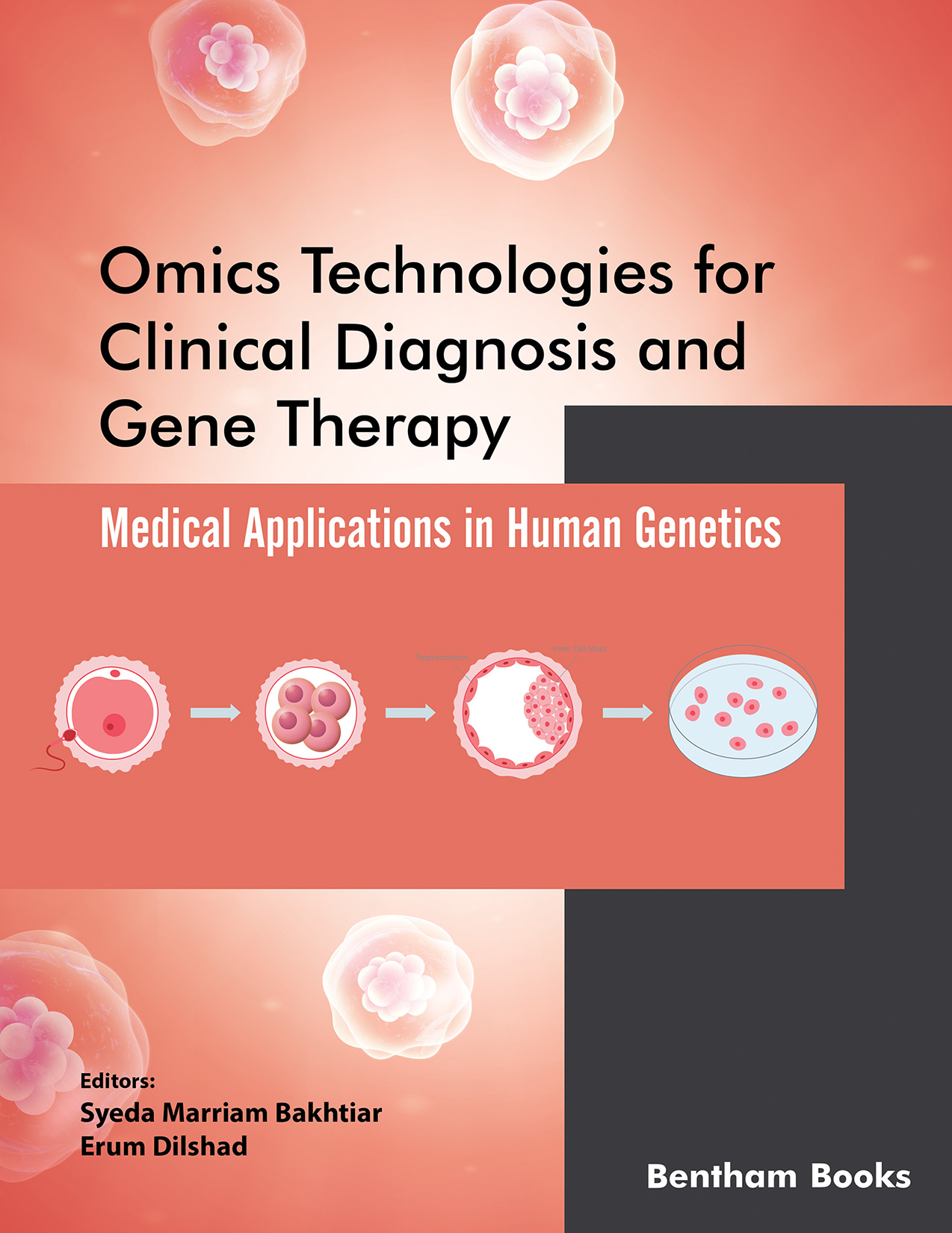Preimplantation, Prenatal, and Postnatal Diagnosis

- Authors: Sadia Nawaz1, Humna Masood2
-
View Affiliations Hide Affiliations1 Institute of Biochemistry and Biotechnology,University of Veterinary and Animal Sciences UVAS, Lahore-54000, Pakistan 2 Institute of Biochemistry and Biotechnology,University of Veterinary and Animal Sciences-UVAS, Lahore-54000, Pakistan
- Source: Omics Technologies for Clinical Diagnosis and Gene Therapy: Medical Applications in Human Genetics , pp 29-44
- Publication Date: October 2022
- Language: English
Pre-implantation genetic diagnosis (PGD) is a practical alternate evolving approach to prenatal diagnosis and termination of pregnancies in families with a high risk of Mendelian monogenetic and polygenetic disorders. Pre-implantation genetic diagnosis testing is continuing to extend immensely, along with a novel genetic analysis and in vitro fertilization approaches are in practice in the medical field throughout the world. However, PGD is regarded as ethically sensitive because repetitive termination of pregnancy causes huge psychological effects on the couples, and also because the low rate of pregnancy and birth makes it unreliable compared to prenatal testing. But it is also helpful in achieving additional goals e.g., improved embryo and gender selection, overcoming the chances of birth of a child with an unknown genetic defect, better understanding of epigenomic regulations and reduction in the monetary burden of society. This chapter focuses on PGD, its procedure, utility and advantages, goals and objectives and the various issues surrounding it. We also discuss the future of this technology at the end of the chapter
-
From This Site
/content/books/9789815079517.chap3dcterms_subject,pub_keyword-contentType:Journal -contentType:Figure -contentType:Table -contentType:SupplementaryData105

